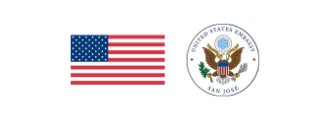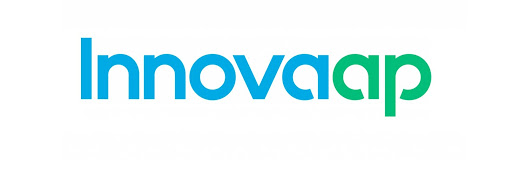Strengthen the capacity of public institutions and civil society regarding public data to improve quality, accountability and transparency in the delivery of public goods and services.
Innovation and Civic Technologies for Increased Transparency in Government Services

Description
The COVID-19 pandemic posed unprecedented challenges to public health, education, and the economy, forcing governments to implement urgent countermeasures.
In partnership with the Costa Rican government, this project aims to spur public administration innovation, increase data analysis to improve government services and strengthen government capacity. Representatives from civil society groups, the media, the private sector, and 12 local governments will participate in sessions that will nurture the collaboration of government entities with stakeholders at every level of society and foster solutions to improve government services in a post-pandemic recovery phase.
Since 2015, The Trust for the Americas and the Organization of American States has worked with the Costa Rican government to support the transition from an Open Government to an Open State. The exercise of open government practices and the promotion of collaboration, transparency, citizen participation, and trust between citizens and the government contribute to generating solutions to the problems that the region faces today. As a result, this project seeks to maximize efficiency, improve communications, and promote transparency in the use of resources during the COVID-19 recovery.
Project purpose
The project seeks to create effective collaboration spaces between governments, civil society organizations, academia, and the private sector to promote the development of innovative solutions focused on the post-pandemic recovery phase, using civic technologies and open data to improve the quality and reach of government services.
Project goals
Increase transparency, inclusivity and efficiency of government services through civic engagement and innovation.
Provide civic technologies to increase transparency and efficiency, reducing opportunities for corruption and increasing citizens’ trust, building corresponding grass roots capacity to monitor government resource allocation
Main achievements
Structure
Provide and generate training spaces to key stakeholders on issues related to social innovations, data, and digital governance principles as well as best practices from regional and international experts.
Participants will be part of valuable spaces and opportunities for dialogue between the government, civil society and public life actors, aiming to create innovative solutions that strengthen economic growth and improve government services.
Participants co-create solution proposals, focused on improving the delivery of services to the public in a post-COVID scenario.
This component offers advanced technology tools to increase levels of transparency and accountability of resources delivered by government entities, strengthening the GovTech ecosystem in the country

Strategic partners




Success Stories
Neural Coders

NEURAL CODERS was one of the projects selected to receive funding through the GovTech Bootcamp. This innovative Start-Up seeks to reduce the complexity of the process management service in the municipality of Mora by creating a digital architecture that centralizes the processes.
See the full story here.












